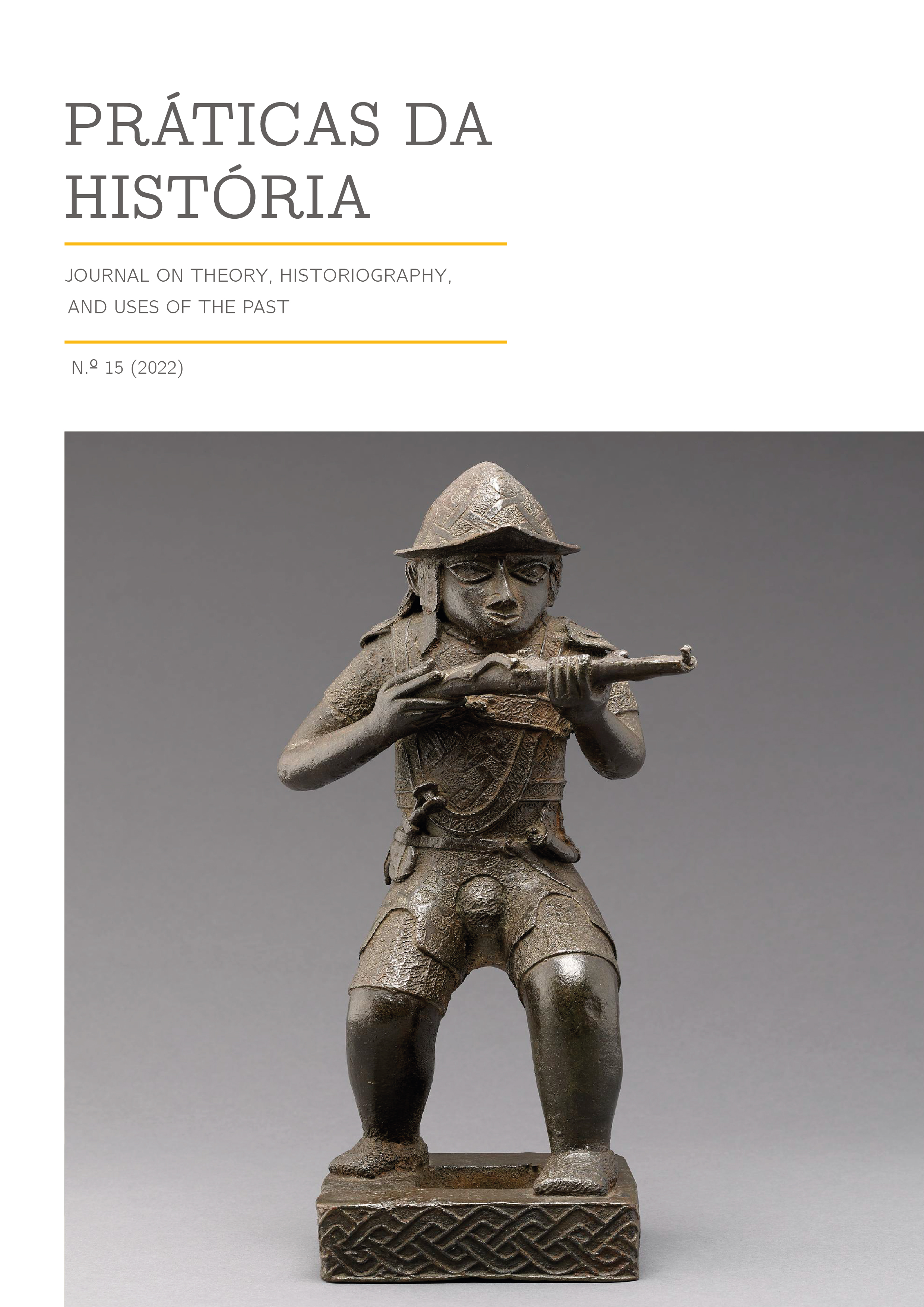Colonial dwellings between memorialist narratives, heritage logics and social representations in Haiti
DOI:
https://doi.org/10.48487/pdh.2022.n15.30038Keywords:
memória, patrimonialização, escravatura, habitação colonialAbstract
The study of colonial dwellings in Haiti can contribute to the research on the meaning of the traces of the past in the understanding of present problems. These historical vestiges, which are rehabilitated, reappropriated, neglected, patrimonialized, musealized, instrumentalized, mediatized, or ignored, experience various forms and logics of patrimonialization and memorialization that bring together different ordinary and institutional actors. This article is the result of an ethnographic field study conducted in the heart of a dozen potential places of memory. It analyzes how the historical traces of slavery can become heritage, but also how colonial heritage needs to be remembered in order to exist in Haiti. The aim is to highlight the appropriations and claims to identity that are the result of social struggles, memory conflicts, and political conflict, all of which are the legacy of historical antagonisms in postcolonial societies.



